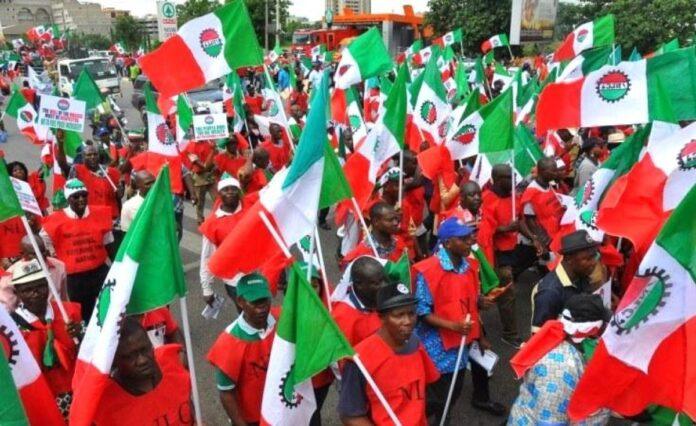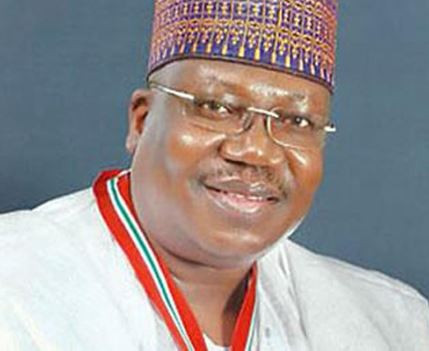The Nigeria Labour Congress (NLC) has strongly condemned the Federal Government’s warning to invoke the “No Work, No Pay” policy against striking university lecturers, insisting that intimidation will not end the recurring crises in Nigeria’s public universities.
Reacting to the two-week warning strike declared by the Academic Staff Union of Universities (ASUU), NLC President, Comrade Joe Ajaero, said the lecturers’ industrial action was a legitimate reaction to the government’s “persistent breach of trust” and failure to honour agreements it freely entered into.
In a statement, the NLC said:
“The NLC is deeply concerned by the persistent crisis in Nigeria’s public education system, marked by chronic underfunding and the government’s failure to honour agreements reached with university lecturers and workers. This continued refusal to implement voluntarily signed agreements is undermining public tertiary institutions and eroding confidence in the system.”
According to Ajaero, ASUU’s two-week warning strike was not an act of rebellion but a response to years of neglect and unfulfilled promises.
“The commencement of the two-week warning strike by the ASUU is a direct consequence of the Federal Government’s failure to honour these collectively bargained agreements. The strike is not an act of defiance but a legitimate response to years of neglect and unfulfilled promises,” the statement added.
The NLC faulted the government’s threat of “No Work, No Pay,” calling it a diversionary tactic that ignores the root causes of the crisis.
“Rather than engaging in good faith to resolve the crisis, the government has resorted to the unproductive threat of ‘No Work, No Pay.’ This narrative is misleading,” it stated.
“The breach of contract lies with the state, not the scholars. Lecturers are willing to work, but the government’s consistent failure to meet its obligations has made it impossible for them to do so with the dignity and conditions their profession deserves. The principle remains clear: No Pay, No Work.”
The NLC emphasized that the lecturers’ struggle represents more than just a labour dispute — it exposes a deeper injustice in Nigeria’s education system.
“This struggle transcends an ordinary industrial dispute. It highlights a broader societal injustice — a deliberate weakening of the public education system while the children of the elite attend private institutions at home and abroad,” Ajaero said.
“The children of workers and the poor are left with an underfunded, demoralized system, perpetuating inequality and limiting social mobility. Quality education must not be a privilege for a few but a right for all.”
Declaring full solidarity with ASUU and other unions in the tertiary education sector, the NLC warned that it would escalate action if the government fails to act within the two-week window.
“In light of this, the Nigeria Labour Congress declares its total solidarity with ASUU and all other unions in the tertiary education sector. We therefore state that the Federal Government must immediately set aside its threats and address the core issues contained in the negotiated agreements with ASUU,” the statement continued.
“If, after the two-week warning strike, the government remains unresponsive, the NLC will not stand idly by. The NLC will convene an emergency meeting with its affiliates in the tertiary education sector to develop a comprehensive strategy for further engagement with the government.”
Ajaero concluded with a warning that the fate of Nigeria’s public education system rests squarely on the government’s response:
“The struggle of ASUU is the struggle of the Nigerian working class. The fight for public education is a fight for Nigeria’s future. The NLC will no longer allow these unions to stand alone. We demand that the Federal Government use this two-week window to present a concrete plan for the full implementation of all agreements. The choice is clear: honour the agreements and salvage public education, or face the resolute and unified force of the entire Nigerian workforce.”



























